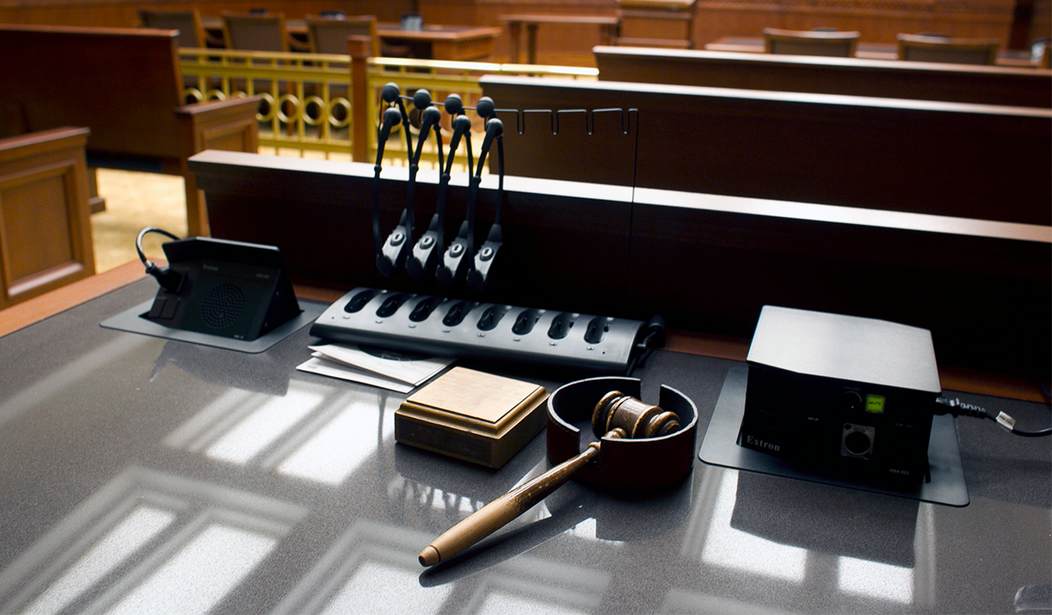In the United States, we have this thing called due process. What it means is that the government can’t just deny you your rights simply because they want to deny them. They have to go through a process that shows a good reason why they should be able to do so.
Earlier this week, a Texas judge ruled that someone indicted for a crime cannot be denied the right to purchase a firearm.
The Dallas Morning News, unsurprisingly, has a big issue with that.
When it comes to gun laws in this country, we are tipping from tragedy into farce. To be sure, the result will be yet more tragedy.
A ruling Monday from U.S. District Judge David Counts would upend nearly a century of American regulation that prevented people charged with serious crimes from possessing a firearm.
The law made plain sense to all of us. People charged with crimes very often have committed crimes, and permitting them to buy, carry or get their hands on pistols and rifles is the sort of thing we should stop.
Now, Cam has detailed the case already, so I’m not going to go into that myself.
However, I do want to address is the Dallas Morning News Editorial Board, who wrote this nonsense.
Yes, I’ll agree that people charged with crimes are often guilty of those crimes. The police tend to do a pretty decent job at determining who is actually responsible for criminal actions.
That doesn’t mean jack squat, though, when it comes to the rights of the accused.
They’re not convicted of anything. They’re just under an indictment, and we all know that a good prosecutor can get a ham sandwich indicted. An indictment is part of due process, sure, but it’s not the totality of it. If it were, we could just imprison people based on the indictment alone.
Due process has to be followed.
In this case, the person in question likely did commit the crimes he’s accused of based on his behavior. However, he hadn’t been convicted of that crime, so there was still a presumption of innocence.
What the editorial board here wants to do is, basically, ignore that presumption of innocence and just treat every accused criminal as if they’ve been convicted already.
I’d like to ask them, however, is how often do they talk about someone’s “alleged” crimes. Why do they use that word or something like it to describe the actions ascribed to someone accused of committing a crime? The reason is, of course, that we don’t know definitively. Someone who they say killed someone could be found innocent and have grounds for a libel suit against the paper.
They routinely provide the presumption of innocence to men and women accused of a crime, so why shouldn’t the government do so as well?
Remember, the ruling only extends to those indicted. It doesn’t actually mean convicted felons can flood into gun stores and buy firearms. Those folks had their due process already, which is why this isn’t really a battleground for most Second Amendment advocates.
The judge’s ruling simply means those who haven’t been convicted of a crime cannot be punished for that crime in advance, which is precisely what the law overturned by the ruling did.
Yes, many who are indicted are guilty of the crimes they’re accused of, but many who are indicted aren’t, and that’s why the judge made the right call.








Join the conversation as a VIP Member